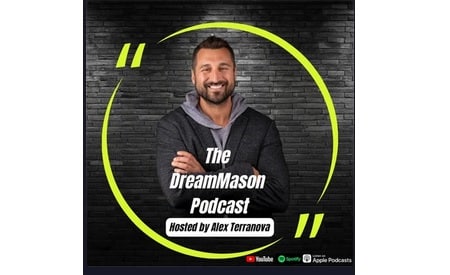Dear Friend
I’ve led over two hundred week-long Commonweal Cancer Help Programs over the last 35 years. Perhaps the most important question wise people with cancer come to ask themselves is “what matters now?”
The answer to “what matters now” with cancer can be your best guide to how to live, what treatments to undertake, and what treatments to decline or discontinue.
For example, if you want to try to live at all costs no matter how difficult the therapies, and believe exclusively in conventionalthe cancer care offered by conventionally trained physicians and most hospitals; examples are chemotherapy, surgery, and radiotherapy therapies, you may choose one direction. If quality of life is a large part of what matters now, you are open or disposed to complementaryin cancer care, complementary care involves the use of therapies intended to enhance or add to standard conventional treatments; examples include supplements, mind-body approaches such as yoga or psychosocial therapy, and acupuncture therapies, and you want to supplement gentler conventional therapies with complementary therapies, you may choose a different direction.
Lynn was an oncology nurse in her 40s who worked with a gifted breast cancer surgeon. She developed breast cancer. Her surgeon recommended a mastectomy. She opted for a lumpectomy, fully knowing it was a riskier choice. Why? She knew what mattered most now to her was to hold her grandchildren to her breasts. So she opted for the medically riskier therapy.
What matters now is often a question about what risks to take to live the life you want to live.
What matters now may lead to deeper questions. You may change your work, your personal life, or the balance between them.
I asked Diana what she would do if she could do whatever she wanted. Her response was immediate. “I would quit my job, buy a van, drive from New York to New Mexico, go to arts school, and come back to New Hampshire and start an artists colony.” That is almost exactly what she did—except the artists colony became healing retreats for cancer patients. What matters now can take courage. Or it can be simple as can be.
Francis Weller calls cancer “a rough initiation.” You can never return to life as it was before. You have entered a new stage of life.
Ian Gawler, an Australian friend who lost a leg to cancer and started a cancer retreat center, told the story of a woman with life-threatening cancer who knew what she needed to do. She left a bad marriage, got a case of good sherry, and moved to a beach town to change her life. She did very well.
These are dramatic stories of people deciding what matters now. But sometimes the changes are almost invisible. An inner reorientation as quiet as it is profound. Allowing our understanding of life’s mystery in whatever form we understand it to play a much more central role in our lives. Committing to deep restorative lifestyle practices such as qigong, a healthy diet, exercise, good sleep, and a commitment to service in our lives.
What matters now may have an entirely different meaning for you.
Asking what matters now awakens us to what life offers us or asks of us at turning points in our lives.
There is no time like the present to ask yourself—what matters now?
Wishing you well,
Michael Lerner
CancerChoices Co-founder
Dear Friend
In this video from the Andrew Weil Center for Integrative Medicine, CancerChoices advisor Lise Alschuler, ND, FABNO, provides an insightful presentation on the impact of cancer.
Play videoKeep exploring the 7 Lifestyle Practices
These 7 Lifestyle Practices may be part of your exploration of what matters know.
Learn more
Helpful links

Becoming Unstoppable; Don’t Let Anything Stop You, Not Even Cancer with Lindsay McDonell ›
An introduction regarding a separate but related topic precedes Lindsay’s interview, which begins at 5:37 minutes into this recording.

